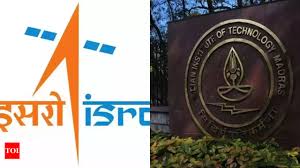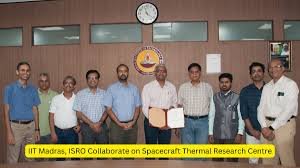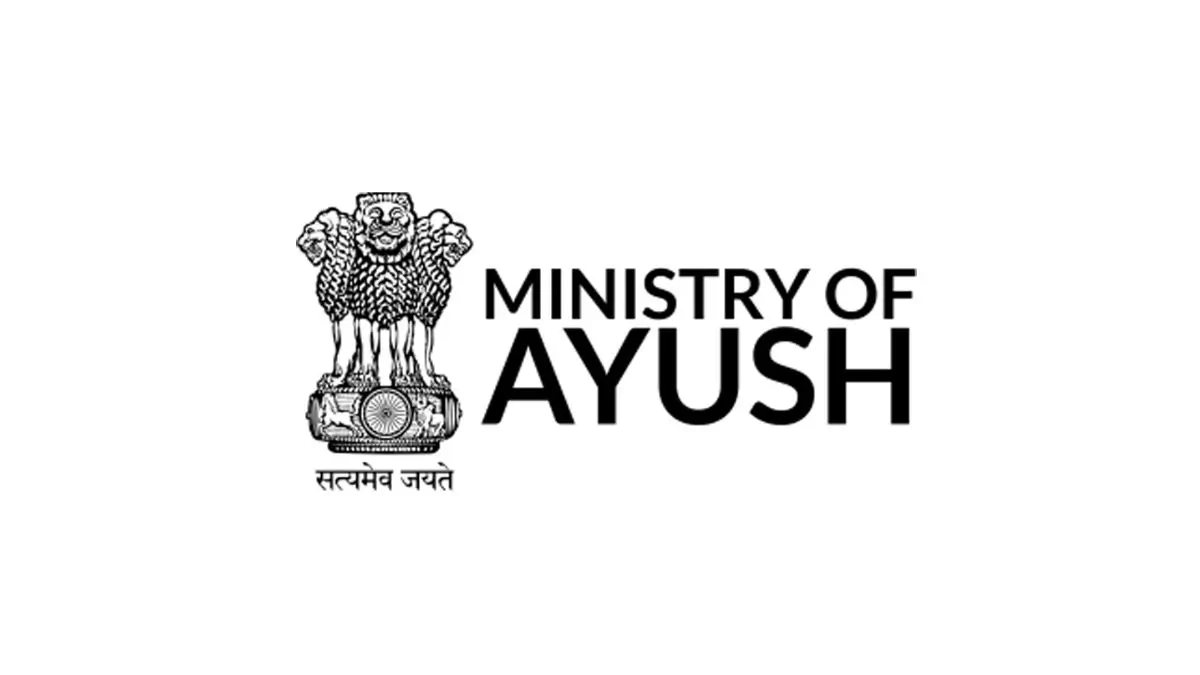IIT Madras and ISRO Collaborate on Spacecraft Thermal Research Centre
Introduction to the Collaboration
In a major leap towards enhancing India’s capabilities in space exploration, the Indian Institute of Technology (IIT) Madras has partnered with the Indian Space Research Organisation (ISRO) to set up a “Spacecraft Thermal Research Centre” (STRC). This collaboration aims to advance research in spacecraft thermal technologies, which play a critical role in the performance and longevity of spacecraft during their missions.
Objectives of the Research Centre
The Spacecraft Thermal Research Centre is designed to conduct high-end research on the thermal management systems of spacecraft. Thermal systems are vital to space missions, ensuring that spacecraft can withstand extreme temperature fluctuations in space. This collaboration will involve the development of innovative materials, thermal protection systems, and advanced testing techniques to ensure that spacecraft can operate efficiently in the challenging environment of space.
Role of IIT Madras in the Collaboration
IIT Madras, renowned for its strong research capabilities in engineering and technology, will provide its state-of-the-art facilities and expertise in materials science, computational modeling, and system engineering. The institute’s involvement will help develop new technologies that address the thermal challenges faced by spacecraft. IIT Madras will also play a key role in training the next generation of engineers who will be involved in space exploration.
ISRO’s Contribution
As the premier space research agency of India, ISRO brings its vast experience in spacecraft design and mission management. The organization’s contribution will focus on providing practical insights from its past and ongoing space missions, guiding the research and application of new thermal technologies. ISRO’s facilities will complement IIT Madras’s work by enabling testing and validation of these advanced technologies.
Expected Impact on India’s Space Missions
This partnership is expected to enhance the reliability and efficiency of India’s future space missions, especially for ambitious projects like the Gaganyaan manned mission, Chandrayaan, and Mangalyaan. With a focus on spacecraft thermal management, the collaboration will improve spacecraft’s ability to withstand extreme temperature variations, ensuring that they can function optimally for longer durations in space.

Why this News is Important
Strategic Partnership for Technological Advancements
The collaboration between IIT Madras and ISRO marks a significant step forward in strengthening India’s space exploration capabilities. By focusing on spacecraft thermal management, both entities are addressing a critical aspect of space missions that directly impacts mission success. The research and technologies developed through this collaboration will not only improve the performance of Indian spacecraft but also position India as a global leader in space research.
Enhancing India’s Space Mission Goals
India’s space program has already made impressive strides, with successful missions to the Moon, Mars, and even the launch of satellites for various global clients. The formation of the Spacecraft Thermal Research Centre is a step towards supporting future missions, including India’s plans for human spaceflight. As space exploration becomes more complex, innovations in thermal management will be crucial to overcoming challenges such as extreme temperature changes in space, prolonged exposure to radiation, and the need for efficient power management.
Long-term Benefits for India’s Scientific Community
This collaboration is expected to foster a long-term research environment where students and researchers from IIT Madras can work alongside ISRO experts to explore and innovate in spacecraft technologies. This partnership will provide significant opportunities for the next generation of engineers and scientists to be directly involved in high-level space research and development, further strengthening India’s position as a hub for space technology.
Historical Context
India’s space program, led by ISRO, has a long history of remarkable achievements, from launching its first satellite, Aryabhata, in 1975 to the successful Mars Orbiter Mission (Mangalyaan) in 2013. ISRO has continually advanced its space exploration capabilities, and collaborations with academic institutions like IIT Madras have played a crucial role in this progress.
Thermal management in spacecraft is a critical research area, as space environments subject spacecraft to extreme temperatures ranging from -150°C to 150°C. In the past, India has relied on international collaborations for advanced technologies in spacecraft systems. However, with the establishment of the Spacecraft Thermal Research Centre, India is taking a more independent approach to developing cutting-edge thermal management solutions for space exploration.
Key Takeaways from “IIT Madras and ISRO Collaborate on Spacecraft Thermal Research Centre”
| S.No | Key Takeaway |
|---|---|
| 1 | IIT Madras and ISRO have partnered to establish a Spacecraft Thermal Research Centre focused on thermal management systems for spacecraft. |
| 2 | The collaboration aims to develop innovative materials and technologies to enhance spacecraft performance and longevity in space. |
| 3 | IIT Madras will provide expertise in materials science, computational modeling, and system engineering, while ISRO will contribute practical insights from past space missions. |
| 4 | The research will support future space missions like Gaganyaan (human spaceflight), Chandrayaan (moon missions), and Mangalyaan (Mars mission). |
| 5 | The partnership is expected to strengthen India’s space program and create opportunities for future scientists and engineers to contribute to space exploration. |
Important FAQs for Students from this News
What is the collaboration between IIT Madras and ISRO about?
- IIT Madras and ISRO have collaborated to establish the Spacecraft Thermal Research Centre (STRC), which focuses on advancing research in spacecraft thermal management systems to enhance the performance and reliability of spacecraft during space missions.
Why are spacecraft thermal management systems important for space missions?
- Thermal management systems are critical because spacecraft operate in extreme temperatures in space, ranging from -150°C to 150°C. Proper thermal control ensures that spacecraft can survive these temperature fluctuations and operate effectively throughout their mission.
What role does IIT Madras play in this collaboration?
- IIT Madras will contribute its expertise in materials science, computational modeling, and system engineering to develop innovative thermal technologies. The institute’s advanced research facilities will help design new solutions for spacecraft’s thermal challenges.
What is the significance of the Spacecraft Thermal Research Centre?
- The Spacecraft Thermal Research Centre is a vital initiative that will help India develop independent capabilities in spacecraft thermal technologies. It will directly support ISRO’s space missions, including the Gaganyaan manned mission, Chandrayaan, and Mangalyaan.
How will this collaboration benefit India’s space exploration goals?
- This partnership will enhance the reliability and efficiency of India’s future space missions. By developing cutting-edge thermal technologies, India will be better equipped to handle the complexities of human space exploration and long-duration space missions.
Some Important Current Affairs Links

















